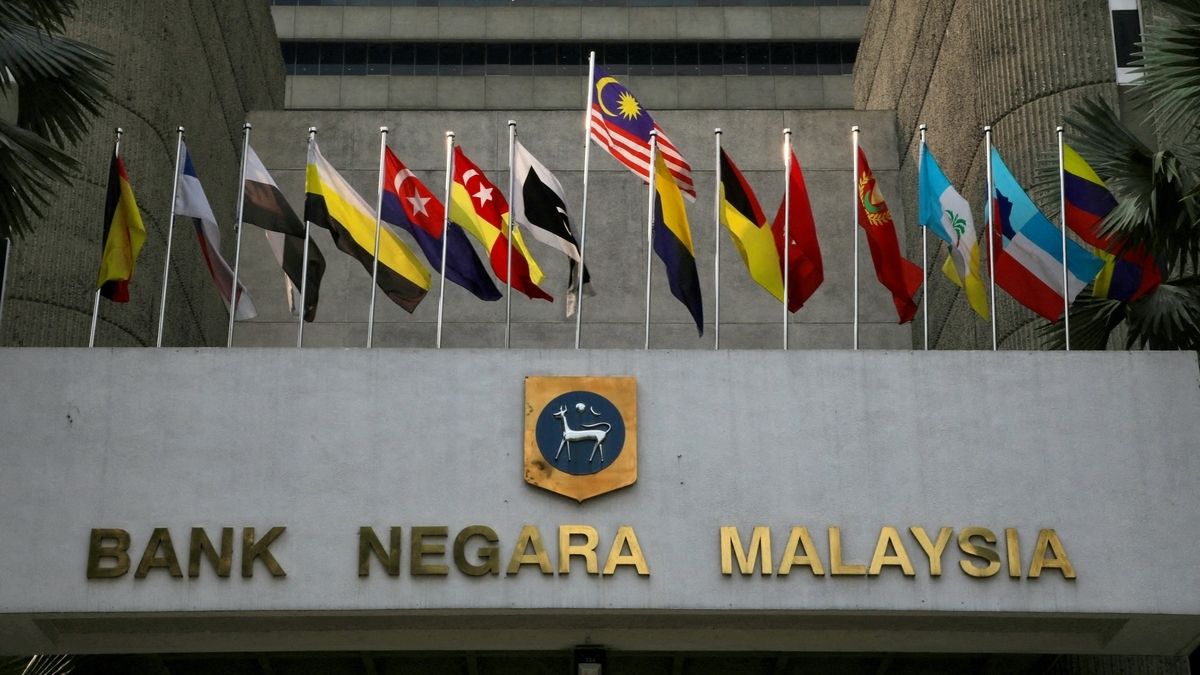
Malaysia’s central bank announced on Saturday that it plans to engage with tech giant Google after the company misquoted the ringgit’s exchange rate against the dollar. This misrepresentation, marking the second occurrence in 2024, has undervalued the Malaysian currency, sparking concerns over its impact on financial markets and the country’s economic image. Bank Negara Malaysia (BNM) has emphasized that the ringgit, which hit a 26-year low last month, is currently undervalued and does not accurately reflect the nation’s robust economic fundamentals.
Incidents of Inaccuracy
On Friday, Google published exchange rate data that inaccurately valued the ringgit at RM4.98 against the US dollar, deviating significantly from the official rate of RM4.70. This incident, following a similar misreporting on February 6, has led BNM to seek an explanation from Google. The central bank’s statement highlighted the critical nature of accurate financial reporting, especially given the potential repercussions on Malaysia’s financial markets and investor confidence. BNM’s proactive stance aims to ensure such discrepancies are corrected promptly, preventing future occurrences.
Government and Central Bank Response
In response to this issue, key Malaysian officials, including Communications Minister Fahmi Fadzil, Finance Minister II Amir Hamzah Azizan, and BNM governor Abdul Rasheed Ghaffour, have all reached out to Google seeking clarification and remedial action. The government’s swift action underscores the importance of reliability in financial data dissemination, especially from a global platform like Google, which significantly influences public perception and market dynamics. The central bank’s engagement with Google will focus on understanding the cause of the misreporting and the steps the tech giant will take to prevent similar errors in the future.
Implications for the Future
The recurring issue of inaccurate exchange rate reporting by Google has highlighted the broader challenge of ensuring accurate financial information in the digital age. As Malaysia and other nations have experienced similar issues in recent months, the need for stringent verification processes and real-time data accuracy has become increasingly apparent. BNM’s forthcoming discussions with Google will not only aim to rectify the current situation but also set a precedent for how financial data inaccuracies are handled globally, ensuring that digital platforms bear responsibility for the information they disseminate.




















